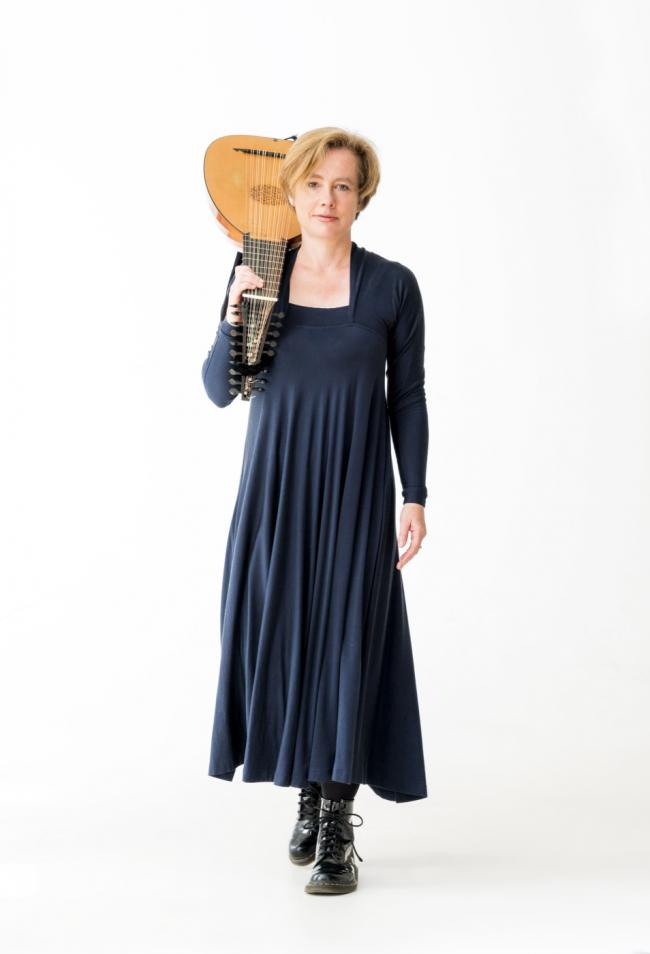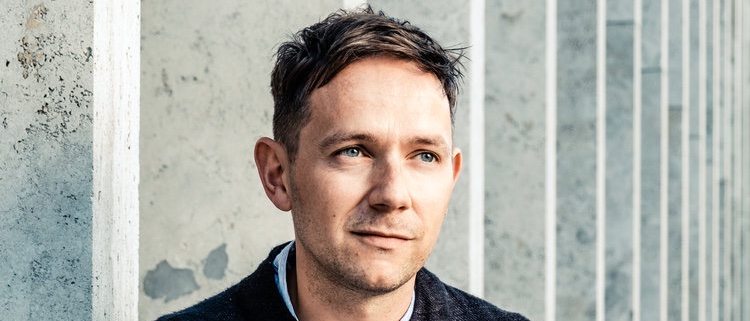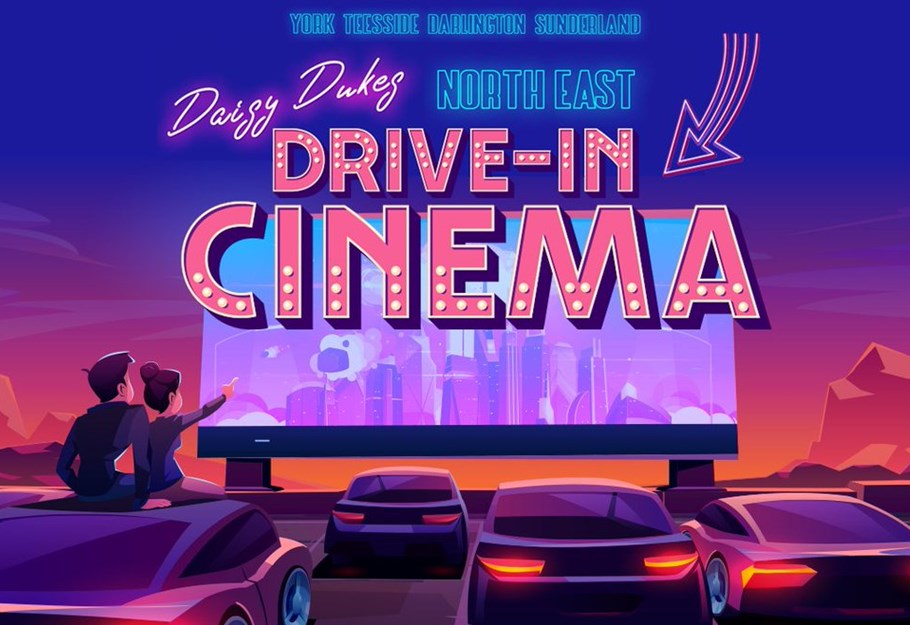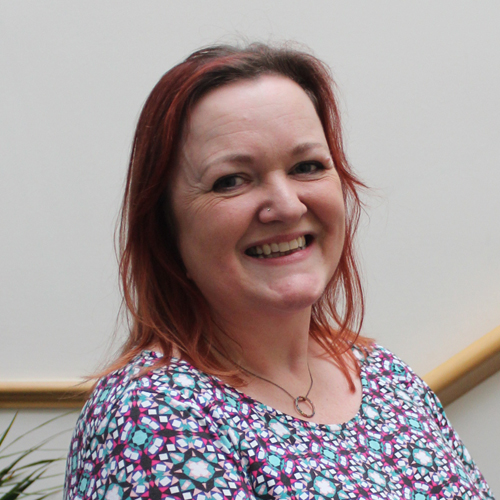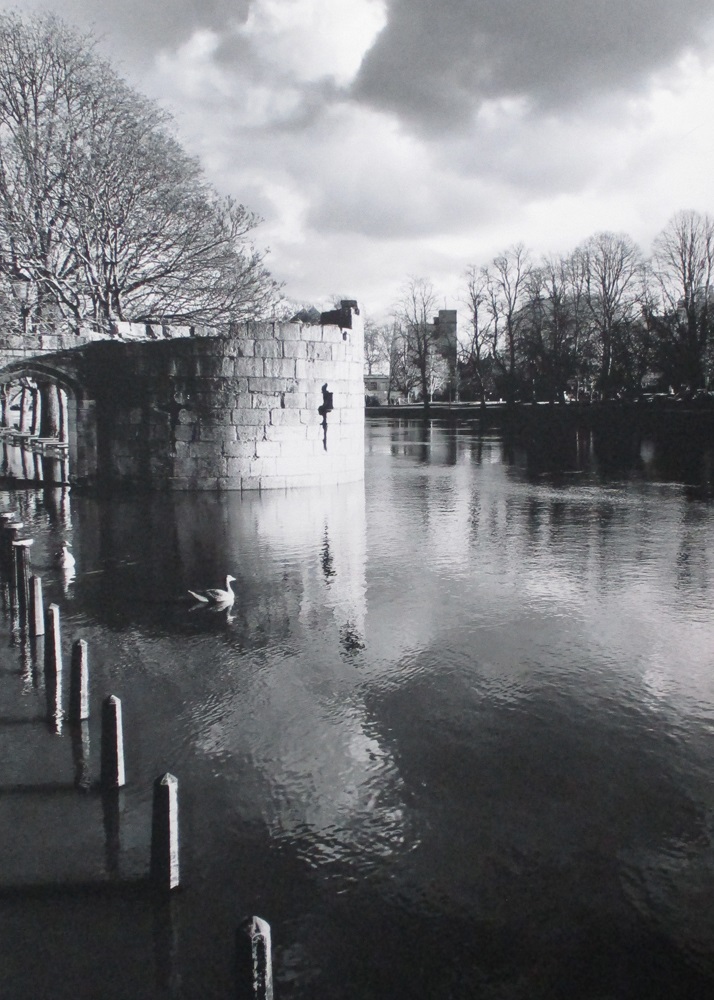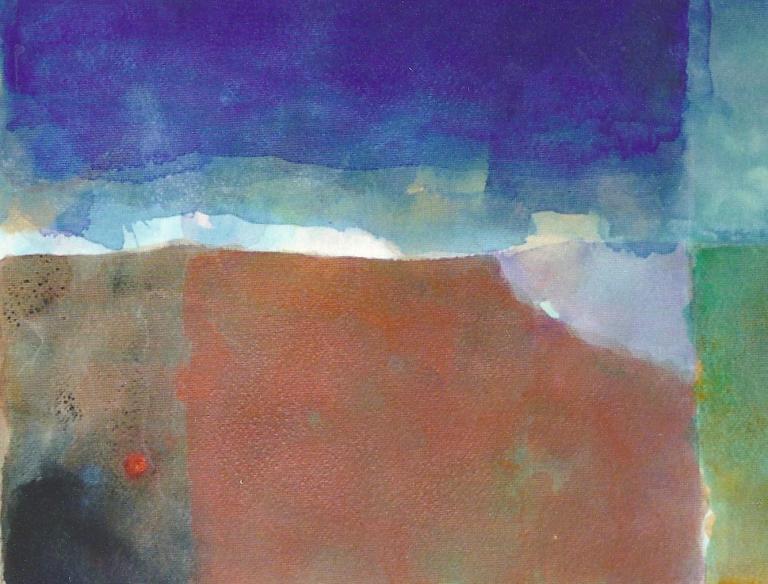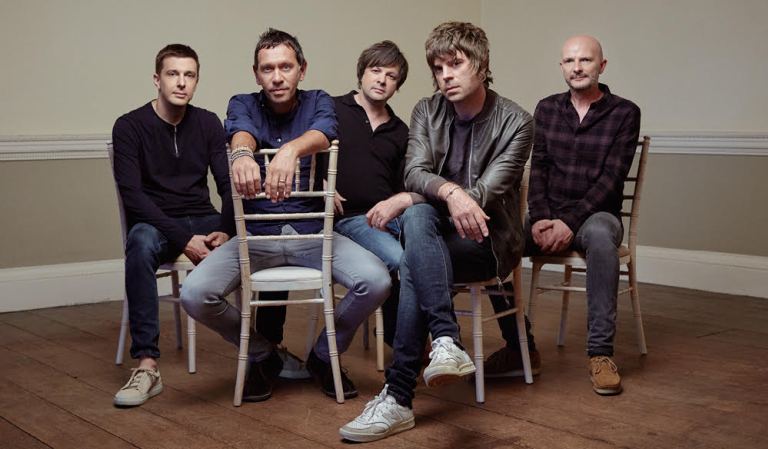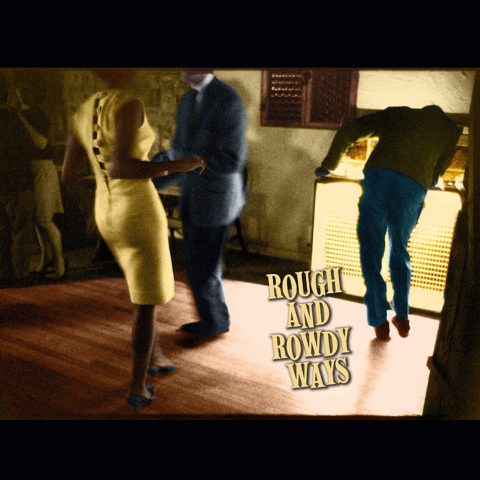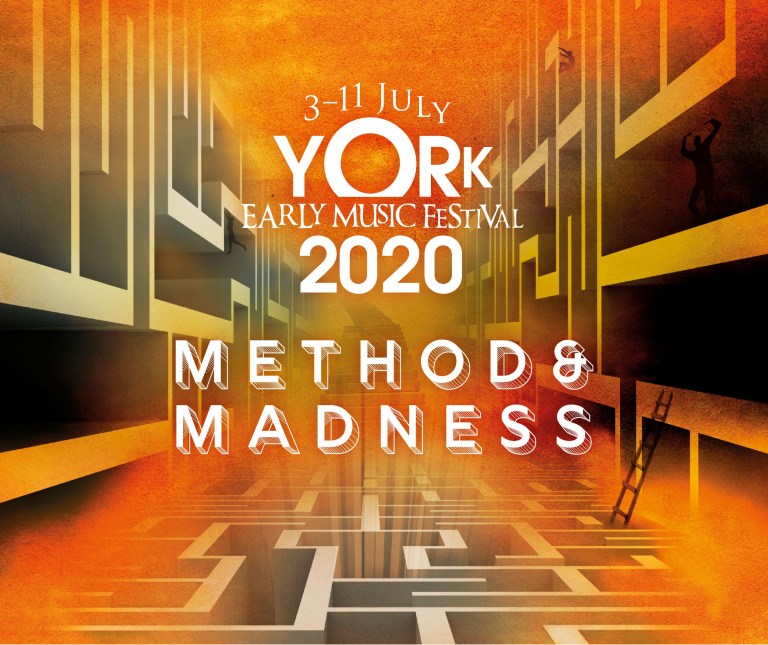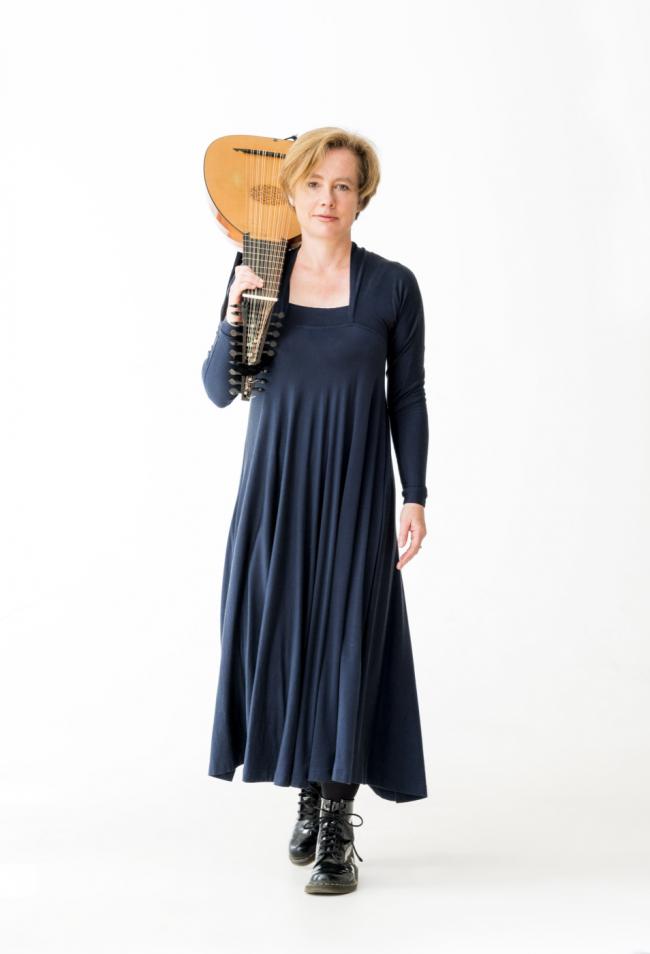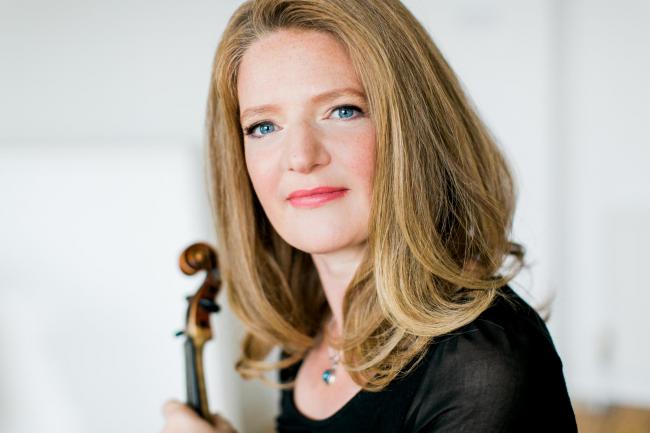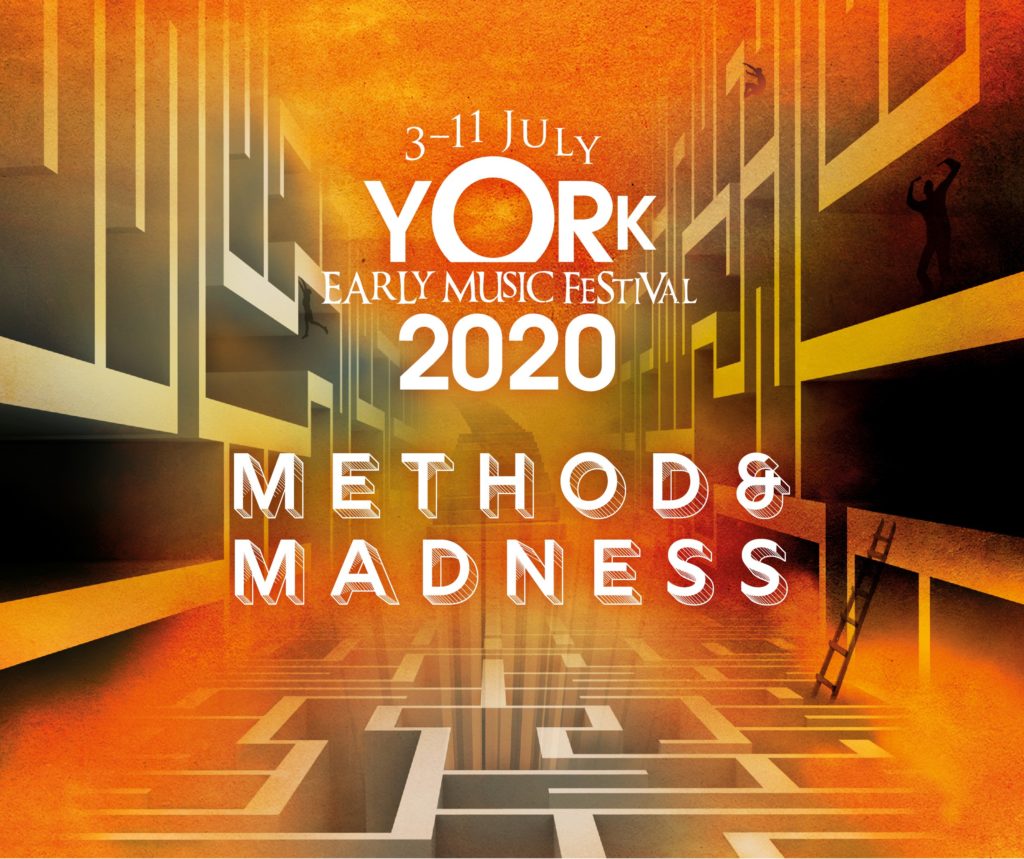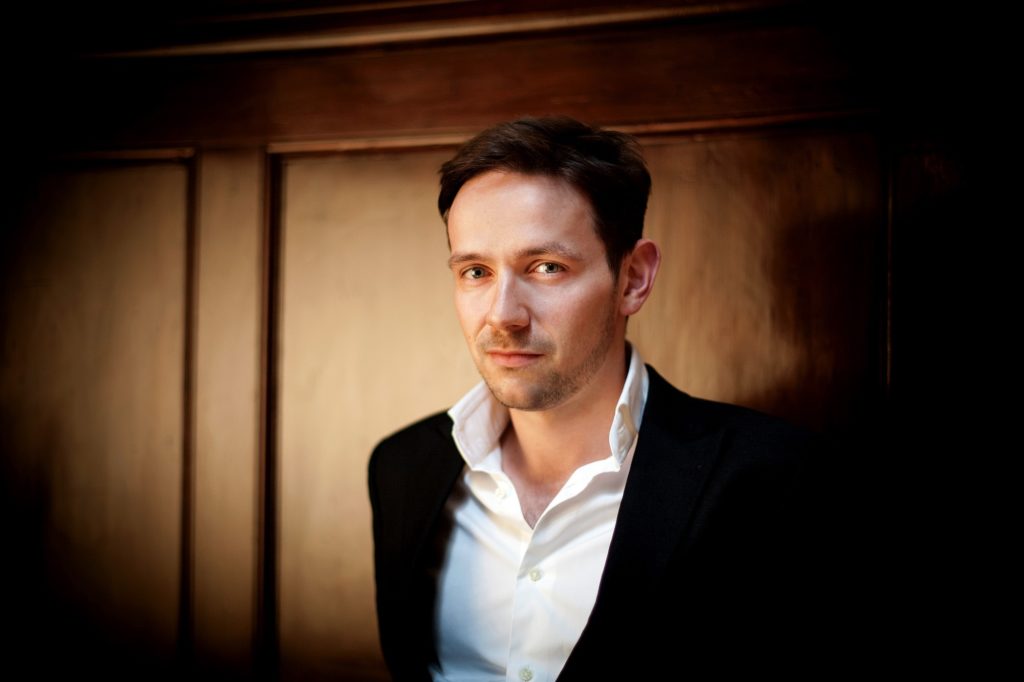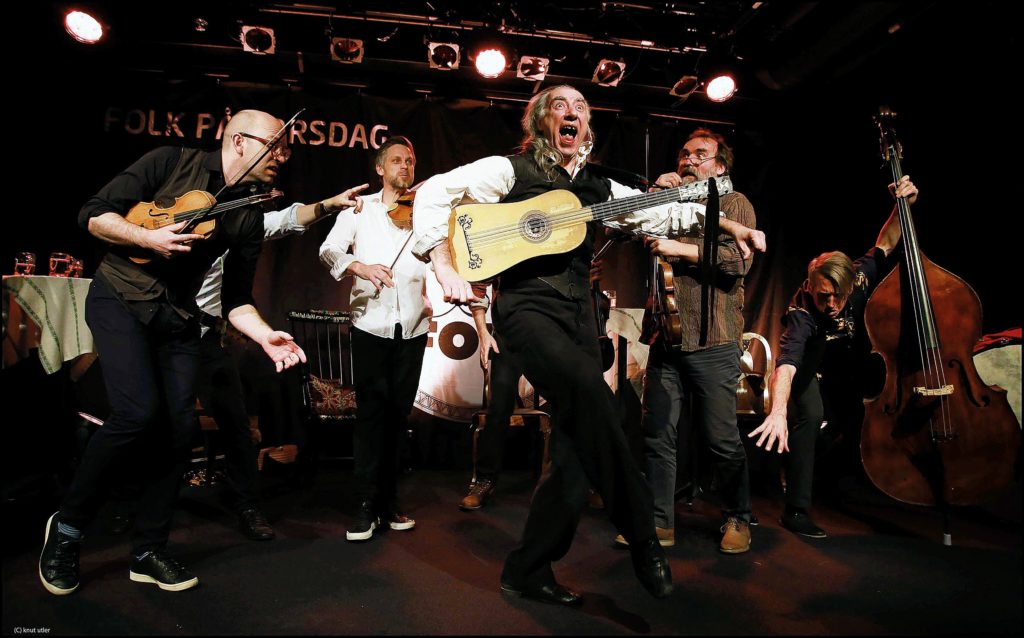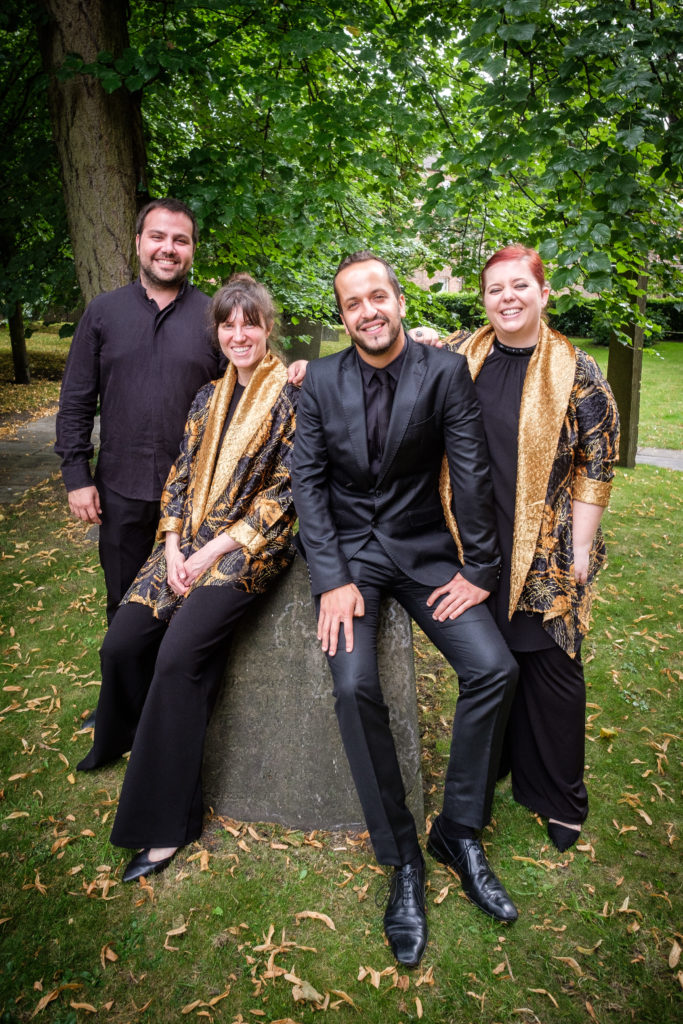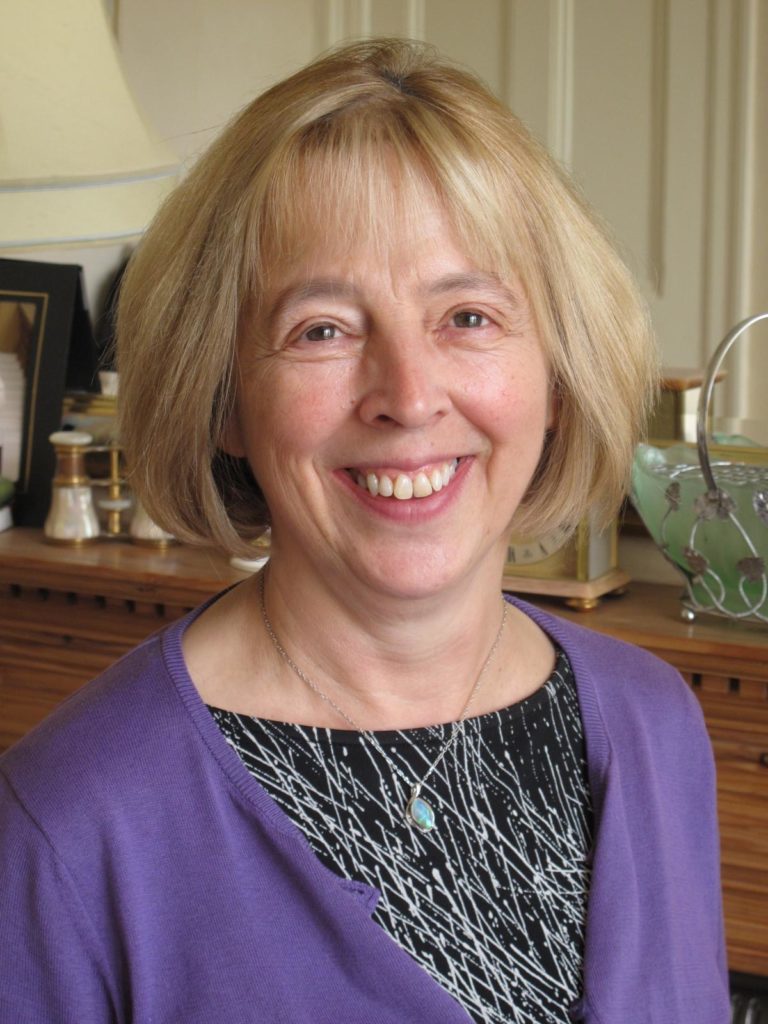
THE 2020 York Early Music Festival will be streamed online from this evening until Saturday.
Replacing the Covid-cancelled Method & Madness-themed live event from July 3 to 11, the revised remote festival now combines performances and talks by a line-up of performers based in England.
The virtual festival will be headlined by York countertenor Iestyn Davies and theorbo player Elizabeth Kenny in a concert streamed live tonight at ncem.co.uk, complemented by performances recorded over the past ten days by Steven Devine, Richard Boothby, Consone Quartet and Matthew Wadsworth.
Stile Antico will close the three-day event with a live concert on Saturday, performed, like all the rest, with no live audience at the National Centre for Early Music, at St Margaret’s Church, Walmgate.
Since the decision was taken to cancel this year’s live festival, under the Coronavirus lockdown, organisers have been working hard behind the scenes to deliver the weekend-long programme of music.

To bring the online festival together, the NCEM has linked up with digital producer Ben Pugh, who has brought his ubiquitous expertise to the concert recordings and will be on hand, at a distance, to stream the live Davies & Kenny and Stile Antico concerts.
“We’ve purchased more video and sound equipment, so it’s more like a TV studio environment now,” says festival administrative director Dr Delma Tomlin. “It’s fortunate that the NCEM is a big space, being a church building, which will help with social distancing.”
Tonight, at 7.30pm, Davies and Kenny present A Delightful Thing, Music and Readings from a Melancholy Man, combining song and music by Elizabethan lutenist John Dowland with Davies’s extra string to his bow: his rendition of readings and poems by Dowland, Robert Burton, Samuel Daniel, Michael Drayton, Barnabe Googe, Ben Jonson, William Leighton, Henry Peacham, Leo Tolstoy and Rose Tremain.
“To place John Dowland’s artistic output squarely in the frame of ‘Elizabeth melancholia’ is to strip away a richer layer of biography that lies within his crafted lines of music and words,” says Davies.
“Rather, by embracing the songs and solo lute airs as the expressions of a man seeking to find words to say how we fail, we engage in a dialogue that enriches both us and the artistic subject of John Dowland himself.”
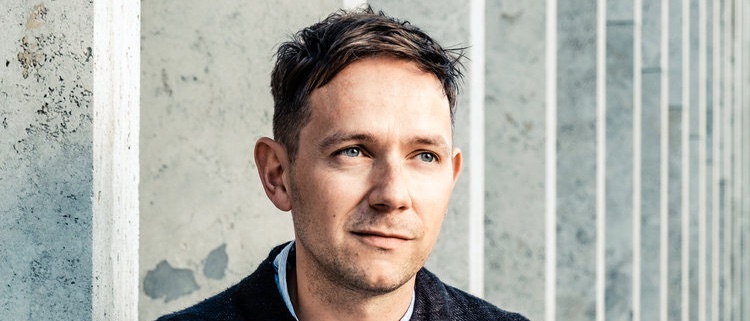
Tomorrow, John Bryan begins the day with an illustrated introduction to the festivities at 10.30am, highlighting how each concert is linked by a theme of fantasy. This will be followed at 1pm by lute and theorbo player Matthew Wadsworth playing works by Kapsperger, Piccinini, Dowland and Francesco da Milano, plus Echoes In Air, a piece written specially for him by Laura Snowden.
“In a world where live music is in a very fragile place, I am grateful to have the opportunity to share this programme, while being sensitive to the fact that so many artists and arts organisation are in very difficult circumstances,” says Wadsworth.
“I have put together a programme of some of my favourite 17th century music, ending with a wonderful new piece written for me in 2019 by guitarist and composer Laura Snowden.
“When I was asked in 2019 to give a concert in the 2020 festival, I, along with everybody else, had no idea that we would be facing a pandemic together. As we adjust to a new normal, and start to find our way again, I am ever more convinced that music and the arts are an absolute necessity, not a luxury.”

Wadsworth continues: “I am reminded how, when I moved abroad for the first time in 1997 to study in The Hague, I felt very lost and out of place.
“Music and the lute were a constant, and I realised I could take this source of security anywhere with me. I feel that same comfort and sense of reassurance today, knowing that live music – that most precious shared listening experience between artist and audience – has a past, present and a future.”
At 3.30pm, harpsichord player Steven Devine performs JS Bach’s The Well-Tempered Clavier, Preludes & Fugues, from Book 1: Nos. 13 to 24. At 7.30pm, lyra viol player Richard Boothby plays music by Ferrabosco, Jenkins and Lawes, alongside William Corkine’s virtuoso settings of popular tunes such as Come Live With Me and Be My Love.
The BBC’s New Generation artists Consone Quartet open Saturday’s online programme at 1pm with Beethoven’s String Quartets Opus 18, Nos 2 & No 3.
“Performing Beethoven’s music is both an exciting and an exhausting experience,” says violinist Magdalena Loth-Hill, who plays alongside Agata Daraskaite, violin, Elitsa Bogdanova, viola, and George Ross, cello.

“The abrupt changes of dynamic, key and direction require the musicians to be alert and adaptable, both musically responsive and elastic in technique. This opus is particularly fascinating because it marks an important turning point in the history of the string quartet.
“It is clearly influenced by the classical form and structure of ‘Papa’ Haydn’s work, yet the listener can sense the winds of change blowing, and a new musical language on the horizon.”
At 3.30pm, York Early Music Festival luminary Peter Seymour, a titan of the York classical music world, will introduce the story behind his recording of Bach’s St Matthew Passion.
The festival closes with vocal ensemble Stile Antico’s 7.30pm programme, Breaking The Habit: Music by and for women in Renaissance Europe, featuring works by Raffaella Aleotti; Sulpitia Cesis; Maddalena Casulana; Pierre de la Rue; Margaret of Austria; Leonora d’Este; Thomas Tallis; John Sheppard; William Byrd; John Taverner; John Bennett and Richard Carlton.
“The 16th century saw an unprecedented number of female rulers,” says Delma, setting up the concert’s premise. “From the powerful Medici women of Italy to the great Tudor queens of England, women across Europe held more power than ever before.
“Many of these monarchs used their patronage to facilitate the production of music of exquisite beauty by the finest composers of the day, extravagant showcases of their power contrasting with intimate and personal compositions.

“The century also saw the first publication of music by female composers, often Italian nuns, whose convents supported musical groups of astonishing ability.”
Drawing attention to BBC Radio 3’s festival broadcasts, Delma says: “As an added treat, Radio 3 is presenting its Early Music Show from the festival on Sunday at 2pm, as we celebrate 35 years of supporting emerging ensembles through the York Early Music International Young Artists Competition.
“Radio 3 then completes our celebrations with two magnificent performances from our archive: The Sixteen, directed by Harry Christophers, on July 14, recorded in York Minster in 2015, and Jordi Savall’s Hesperion XX1, recorded in 2014 and now broadcast again on July 15.”
The NCEM was one of the first arts organisations to stream live concerts online during the Covid-19 crisis, beginning with performances by Steven Devine and The Brabant Ensemble. Since March, the fortnightly series of streamed concerts has reached a worldwide audience of more than 70,000.
It is not too late to book tickets for the latest batch at tickets.ncem.co.uk and boxoffice@ncem.co.uk, with a festival package costing £30, individual concert tickets at £10 each and illustrated talks at £3.50 each.
“At this complicated time, it’s a great joy to be able to share music with our audiences once again,” says Delma. “The digital festival is a first for the NCEM and we look forward to people’s reactions. Whatever else, everyone gets a front row seat!”
“I would also like to thank Arts Council England, City of York Council, JWP Creers, Shepherd Group and Creative Europe for their invaluable support.”

Stile Antico, back in the days when you could share a stairway. Social distancing will prevail at their July 11 concert at the NCEM. Picture: Marco Borggreve
Did you know?
AFTER Saturday’s concert, Stile Antico will stay on at the NCEM for three days of recordings for their Mayflower project, now put back to 2021.
NEWSFLASH!
MARTIN Dreyer’s reviews of tonight’s opening concert by Iestyn Davies and Elizabeth Kenny and Saturday’s closing concert by Stile Antico will run on the CharlesHutchPress website.


